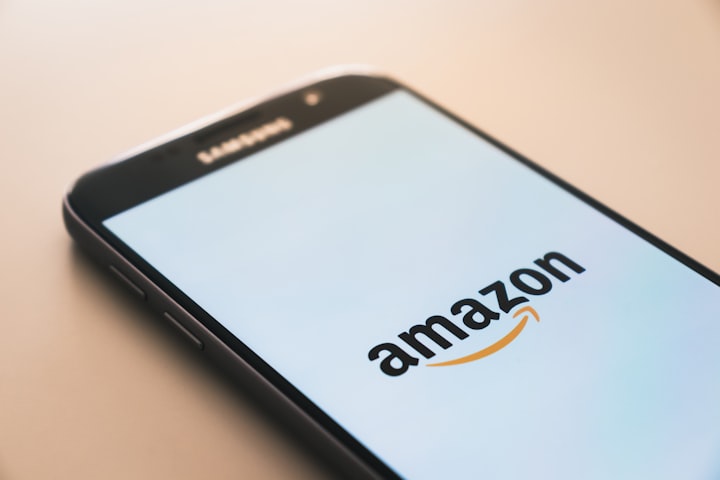Wall Street may be down, but ethical investing is on the rise
As ESG investing booms there's a noticeable lean toward green

As ESG investing booms there's a noticeable lean toward green.
Socially responsible investing, also known as ESG (Environmental, Social and Governance), is seeing new growth.
Investors are increasingly choosing stocks that have responsible companies behind them. This is a growing trend. People are increasingly using their ethics and values to guide investment decisions, especially millennials. Morgan Stanley's report found that 90% of millennial investors believe in sustainable investing.
It's growing. In 2020, $51 billion was contributed by investors to sustainable funds compared to $5 billion five year ago. That's 10X more growth.
You might be wondering how much ESG funds grew last year. -- almost double their 2019 value.
Harvard made another major move toward ESG when it announced that it would end investment ties to fossil fuels in a big step towards ESG. Its $42 Billion endowment fund. It's larger than half the world's economies.
Wall Street's three bellwethers reached synchronised lows due to slowing economic growth, rising Delta cases and slower Wall Street.
The Dow fell 0.07% for the week and has been down for three weeks straight. This week's loss by the S&P 500 was 0.57%. It is its longest losing streak since Tuesday, February 22nd, 2021, when the market crashed for five consecutive trading days. The tech-heavy Nasdaq fell 0.47%.
Top Stories
Alibaba receives a very expensive haircut
Alibaba shares fell again Monday as reported that Beijing intends to dismantle Alipay, the popular payment app controlled by Ant Group.
The stock's slide was not caused by this news. Investors are also worried that Beijing is increasing its crackdown on Big Tech after regulators ordered internet companies (including Tencent and Alibaba) to stop blocking links from rivals on their platforms.
Snap Summary
Alibaba owns only 33% of Alipay. Therefore, Alibaba's 50% cut is unlikely to be justified by Alipay's growth headwinds. It's not that Alipay is disappearing. It may just take a hit in growth and profitability.
The stock of the Chinese e-commerce giant has dropped enough that it may have included all of the bad news in its current low price. However, investors need to be aware that it will have more competition for new business moving forward than in the past.
Apple falls after iPhone
Apple's (AAPL), iPhone 13 debut was met by a stock slump Tuesday. This is consistent with the poor share price performance of the day that the devices are revealed.
It's not a new phenomenon, apparently. Apple has had its fair share of stock crashes since the unveiling of their devices.
After Apple executives, including Tim Cook, presented the new line of phones and other devices, shares of the tech giant fell 1%. The stock closed at $148.12, down 1%.
Snap Summary
Apple's poor performance could be due to investors getting used to Apple's regular innovation and details being reported before the presentations.
Apple shares fell an average 0.8% on debut day, excluding the 8.3% rally that occurred on the date co-founder Steve Jobs introduced the first iPhone in 2007. In Apple's last quarter, the iPhone was responsible for almost half of its revenue.
Wall Street still wants to eat Apple, and most analysts are still for the stock.
Nike is short of the BTIG downgrade
Due to worsening supply chain disruptions in Vietnam, BTIG has downgraded Nike (NKE) rating of 'Buy" to 'Neutral".
The number of COVID-19-related cases in Vietnam has continued to increase over the past months. Its fully vaccinated rate is only between 4% & 5%. Officials in Vietnam responded by closing all manufacturing plants across the country.
Nike now faces at least two months without any unit production in its Vietnamese factories, which account for 51% of footwear sales and 30% of apparel units.
Snap Summary
The stock price fall is more damaging than the production reduction. Nike can manage disruptions to its supply chain by ordering surplus inventory from factories in Vietnam or navigating traffic elsewhere. Due to the long lead times involved in shoe manufacturing, supply shortages don't pose any risks for holiday season. Nike does a good job managing costs. They also generally under-guide EPS, which will protect against bad news.
When Nike reports its results for the quarter ending August 2021, it is expected to report an increase in earnings and higher revenues. It could be an indicator of what's to come, as the company's September 23rd earnings could indicate.





Comments
There are no comments for this story
Be the first to respond and start the conversation.